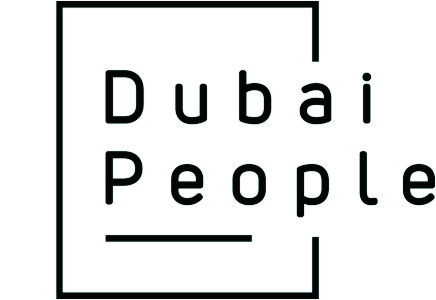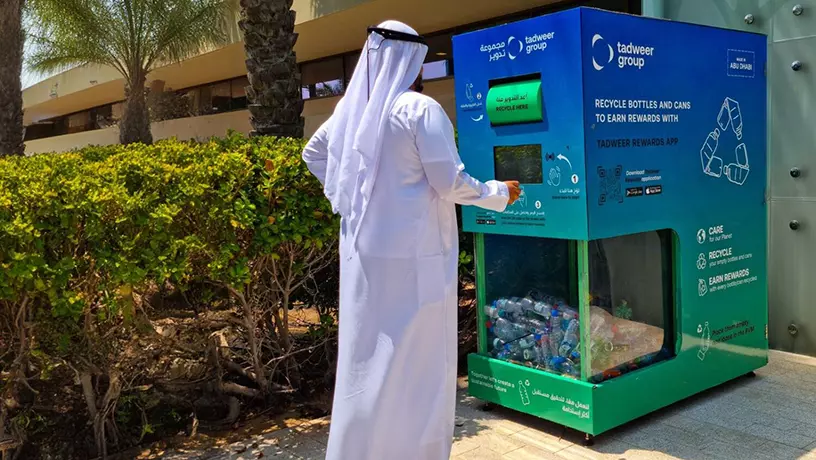
UAE residents face changes during Ramadan
With the holy month of Ramadan less than a month away, residents of the United Arab Emirates are facing a number of changes. First of all, the working day for public and private sector workers will be shortened by two hours.
This rule applies to people of all faiths and does not entail a reduction in pay. School pupils will also be subject to a reduced timetable: from 08:00 to 13:00 from Monday to Thursday, and from 8:00 to 11:30 on Fridays.
Physical education and swimming lessons will be cancelled for fasting pupils, and music lessons will be held without musical instruments. Teachers will also reduce homework. School canteens will be closed so that fasting students do not meet those who do not fast.
Supermarkets and grocery shops will remain open as usual, and shopping malls will be open until late at night. Many restaurants will be open during fasting hours and will also extend their opening hours until suhur, i.e. early morning.
Night markets will traditionally operate during Ramadan, with major retailers offering discounts of up to 90%. The hours of paid parking are also expected to change, which will be announced additionally. In previous years, there was no charge for parking after sunset, or during iftar.
Authorities advise fasting motorists to get enough sleep to avoid drowsiness while driving, and to go for iftar in advance to avoid speeding and causing accidents on highways.
According to the Emirates Astronomical Society, this year’s Ramadan will start on March 23. Ibrahim Al Jarwan, chairman of the society, said Eid Al Fitr will start on Friday, April 21.
Thus, Ramadan will last 29 days. The average duration of the religious fast in the UAE will be 14 hours. Thus, worshippers will fast for 13 hours and 30 minutes at the beginning of Ramadan and almost 14 hours and 13 minutes in the last week.
Last year, the holy month began on April 1. Ibrahim Al Jarwan said temperatures during this year’s Ramadan will be moderately warm, between 17°C and 30°C.
Traditionally, Eid al-Fitr, marking the end of the holy month of Ramadan and the associated fasting, is a joyous time to meet family and friends, travel and shop.
Non-Muslim residents and tourists in the UAE were earlier reminded of the rules of conduct during the holy month of Ramadan. In particular, non-Muslims are not required to fast, but they are not allowed to drink, smoke or eat in public places during fasting hours.
They are also prohibited from chewing chewing gum, behaving aggressively and swearing, dancing and playing music in public (listening to music with headphones is allowed). Modest clothing should be worn and it is not advisable to refuse gifts or invitations to iftar.
Source: Khaleej Times
Follow our Telegram Chanel








